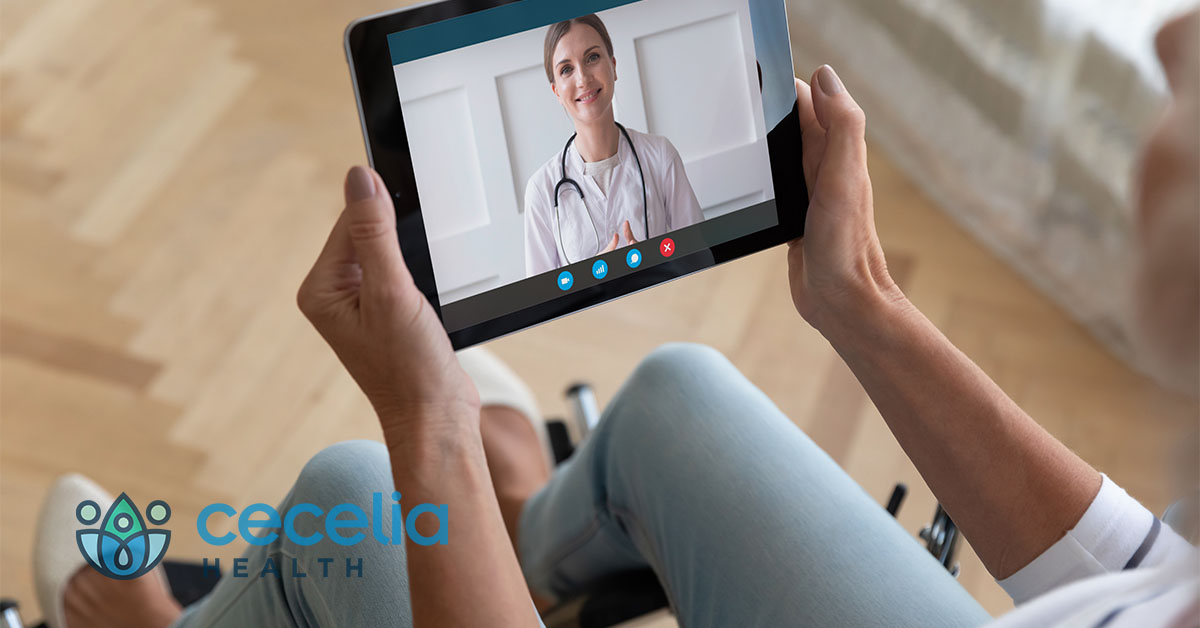You just learned you have diabetes. You’ve been referred to a certified diabetes care and education specialist. Do you really need that appointment? The simple answer is YES!
In 2016, the American Association of Diabetes Educators (now known as the Association of Diabetes Care and Education Specialists), the Academy of Nutrition and Dietetics, and the American Diabetes Association released a joint position statement on the four critical times a person living with diabetes needs to visit a diabetes educator:
- When diabetes is diagnosed
- Annually
- When complicated situations develop
- When transitions in life occur
Diabetes is a progressive disease and therefore changes over time. Additionally, diabetes is a “self-managed” disease. While a healthcare provider may write the prescriptions, successful diabetes management depends on decisions made every day by the individual living with diabetes. Sometimes the correct decision is not obvious. Diabetes care and education specialists assist the person living with diabetes throughout their diabetes journey. To understand why it’s important to work with a diabetes care and education specialist, read on.
When diabetes is diagnosed. The initial reaction to a diagnosis of diabetes varies from person to person. Feelings of disbelief, fear, or anger are common. Reactions from family and friends varies. Understanding your diabetes type, the anticipated plan of care, and making peace with a diagnosis you didn’t want are all things diabetes care and education specialists understand and support you through. Don’t trust your health to an amateur at this time. Diabetes care and education specialists are healthcare professionals that have received extensive training in diabetes self-management education.
Annually. While adopting new behaviors may seem easy in the beginning, over time these healthy behaviors can become challenging to sustain. Additionally, you may begin to receive “advice” from people you meet. ]Not everyone responds to food, exercise, medications, and/or stress the same way. Many misperceptions come from well-meaning advisors. Again, don’t trust your health to an amateur. Stay up-to-date with current diabetes knowledge by including a visit with the diabetes care and education specialist.
When complicated situations develop. Sometimes things go wrong. Diabetes-related complications may occur requiring a change in the plan of care. Maybe factors that impact healthy choices impact the ability to buy prescriptions or glucose monitoring supplies. The diabetes care and education specialist is sensitive to these situations and can assist in accessing temporary resources to support successful diabetes self-management.
When transitions in life occur. We get older, life changes: jobs (insurance and/or schedule), marital status (marriage, divorce, or death), responsibilities (job, children, college), or healthcare provider(s). Sometimes life gets in the way of good diabetes self-management. Reaching out to your diabetes care and education specialist can help make these transitions easier to manage.
From a foundational understanding of diabetes and the recommended plan of care through the transitions that come with living life, the certified diabetes care and education specialist can support successful self-management through self-management updates and timely strategies.
We can easily forgive a child who is afraid of the dark.
The real tragedy is when men are afraid of the light
~Anonymous
Don’t fumble around in the dark afraid of what may be there that you can’t see. Turn on the light and find a clear path toward success. It really doesn’t matter how long you’ve been diagnosed with diabetes. You can always learn a better way!
To find a certified diabetes care and education specialist in your area:
